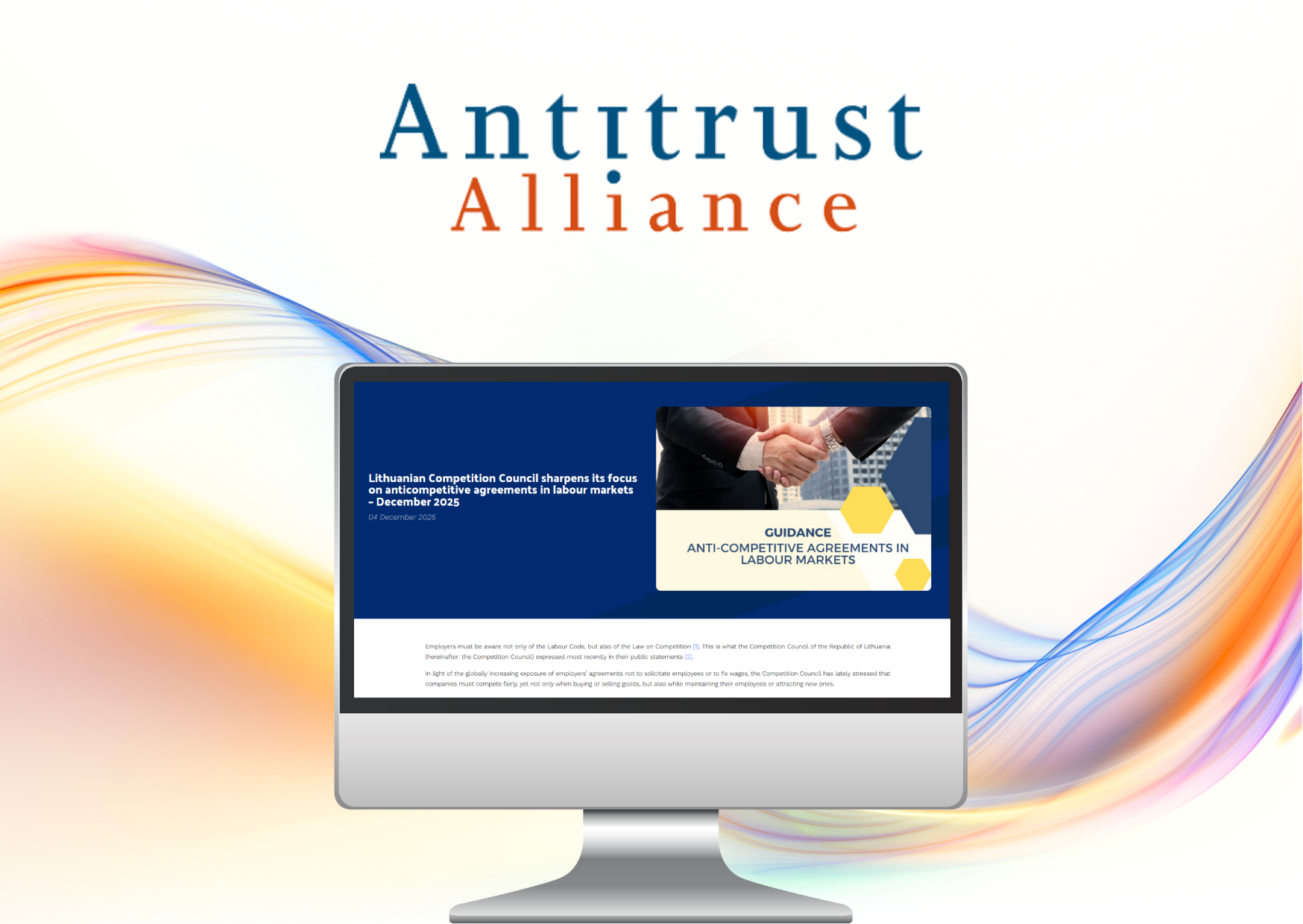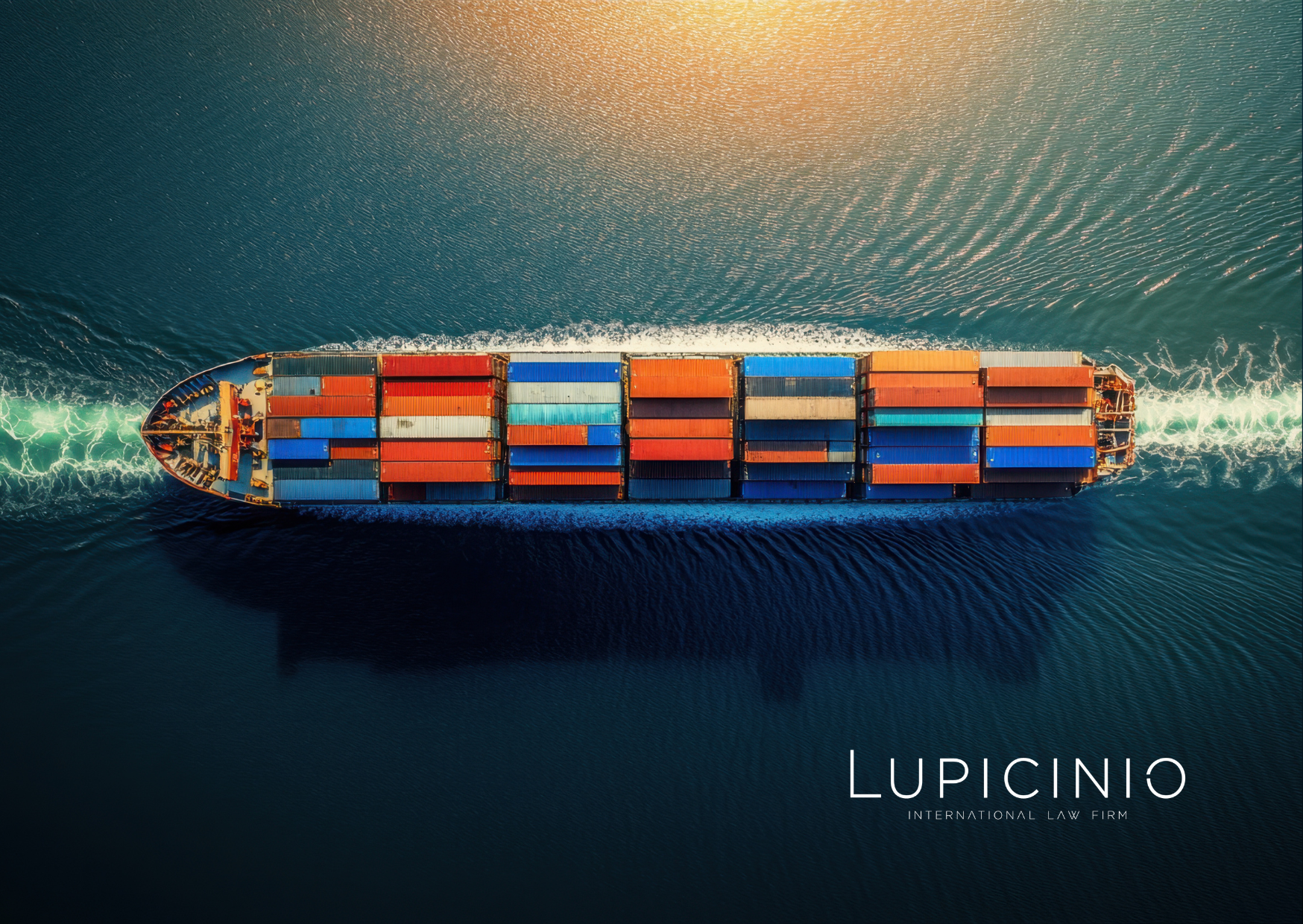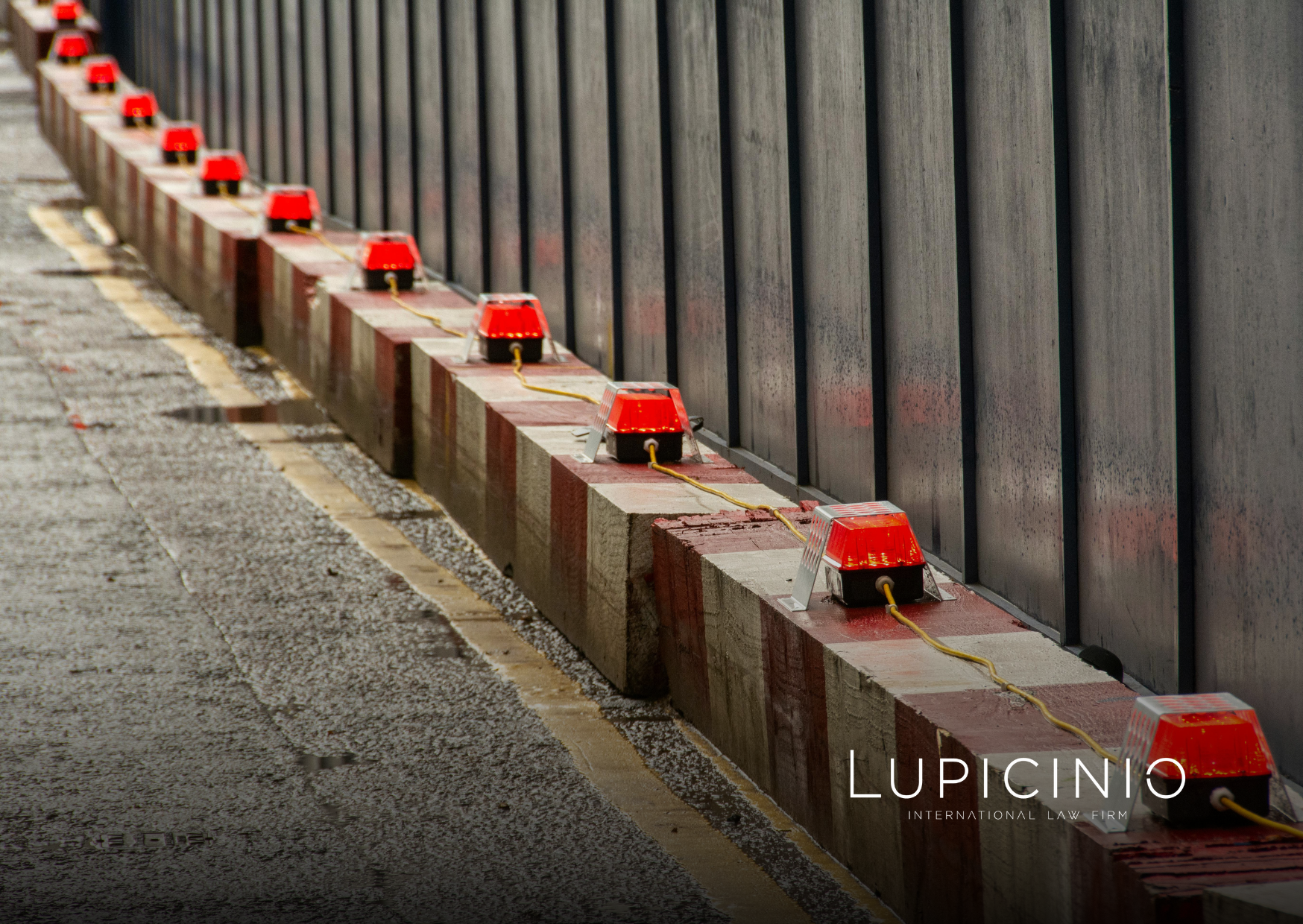Tabla de contenidos
News of the Author Rights Directive in the digital single market: controversial issues

On June 6th the famous ‘copyright directive’ came into force, which has provoked a great deal of controversy within the sector. The directive aims, on the one hand, to harmonize the laws of the Member States and, on the other hand, to ensure that rights-holders have a high level of protection to stimulate the creation, innovation and production of new content within the technological evolution – Statements 1 and 2.
It has been difficult to meet the different interests at stake, perhaps that is why the directive puts up somewhat ambiguous wording. During the two years of negotiations that have been needed to consolidate the directive, a division has been created between the part of the sector that believes that these developments may have, as an indirect purpose, the creation of a simpler path for censorship, while on the other hand, the other sector demands the immediate implementation of this directive to create more guarantees for content creators who find themselves helpless before the internet giants (Youtube, Facebook, Instagram, Google etc).
One of the most recurrent arguments among the criticisms that has provoked much debate is the censorship of ‘memes’ that would stem from the insertion of this directive, but this fact is far removed from reality, since Article 17.7 refers to the limits and exceptions in which can be covered by all members, including caricatures and parody. This means that all works that align with such limits will be exempt from application.
Within the measures taken to ensure the proper functioning of the copyright market, the following articles have caused the most conflict:
Article 15, on the protection of press releases with regard to online uses.
The insertion of this rule results in the recognition of a right of remuneration in favor of press publishers in relation to online use, a measure that resembles the controversial ‘Google rate’.
In this rule we find the focus of the debate: the responsibility of service providers for violations of intellectual property rights on their platforms. It means that platforms such as Google, Facebook or YouTube will have to act proactively in the face of such violations, as well as seek authorization from rights holders when they use protected works on their platforms, since from the entry into effect of the directive they will become direct controllers, not mere intermediaries.
Currently, the only administrative body in the Spanish system that is responsible for the safeguarding of copyright in the digital environment is the Second Intellectual Property Commission. The functioning of that Commission is a legal process, acting on complaints by the owners of any rights allegedly infringed.
The novelty we might face when the directive comes into force (we have a two-year deadline assimilation into our system), is going to be the possible direct action of the Commission without the need for such a requirement; it may act directly by claiming liability and, consequently, service providers will be liable for infringements of rights without the need for a request, whereas it currently has “functions to safeguard intellectual property rights against their infringement by information society services managers…” but always by prior request, i.e. ”… upon reports from the owner of intellectual property rights” – Article 195 of the Spanish Intellectual Property Law.
In short, all these measures taken by the European Parliament, while many are controversial and easily critical, are necessary, and there is no doubt that an update on intellectual property rights in the digital single market must be carried out in an increasingly globalized and digitized world.





